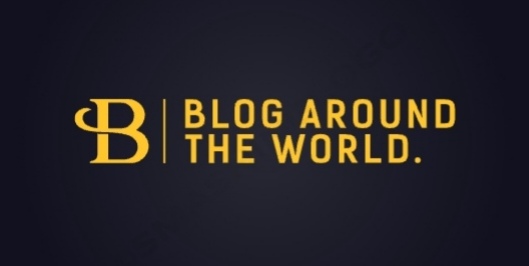How do you organize and use your time?
Time management is the process of determining how to use time effectively to achieve set goals. This includes setting priorities, allocating time to important activities, and using appropriate methods and tools to increase productivity and improve the quality of life. Time management also includes developing time management skills to achieve a balance between personal and professional life, and avoid wasting time on ineffective activities.
Provide tips on how to improve personal organization skills, such as setting daily and weekly goals, using to-do lists, and prioritizing chores. You can also discuss the benefits of techniques such as the Vomodoro Technique and the Pomodoro Technique.
He noted the importance of work-life balance, noting that rest and rest play a crucial role in improving an individual's performance. Explore how short breaks can replenish energy and enhance focus.
You can focus on using technology to improve time management, such as smartphone apps and task management software. Explain how these tools can provide precise organization and effective reminders to ensure tasks are completed on time.
He also addressed the idea of setting aside time for creativity and innovation, as an individual can stimulate their creativity by managing their time effectively to allow periods for creative thinking and developing new ideas.
Explain how learning the art of excelling at dealing with challenges and dealing effectively with anticipated problems can contribute to improving the time management experience. Based on recent research or studies that address the best behaviors to achieve greater efficiency in using time.
1. Setting goals:
Define your monthly and weekly goals, and write them clearly. This gives you a clear vision of what you should focus on.
2. Create a schedule:
Set fixed times for your daily activities, including work, exercise, and rest. This contributes to efficient time management.
3. Use to-do lists:
Write a list of daily tasks, and set priorities. This helps you focus on the most important tasks.
4. Division of large works:
Break large projects into small, manageable tasks. This step will facilitate the implementation process and avoid feeling pressure.
5. Using timing techniques:
Try techniques like the Vomodoro Technique or the Pomodoro Technique to improve your focus and effectiveness during certain periods.
6. Strategic break:
Include breaks between tasks to improve focus and productivity. Use the break to replenish your energy.
7. Set a time for personal programming:
Make time for personal activities and hobbies. This enhances the balance between personal and professional life.
8. Activate notifications and alerts:
Use reminder apps to receive notifications about scheduled tasks and meetings.
9. Daily evaluation:
Review your day at the end of the day, and evaluate what was achieved and what could be improved.
10. Adapt and improve:
Be prepared to adjust your schedule and techniques based on your experiences. The ability to adapt helps improve the efficiency of time management.
In conclusion, it clearly appears that managing time and using it effectively are keys to achieving success and improving the quality of life. By clearly setting goals, creating timelines, and using organization techniques, an individual can improve their productivity and achieve a better balance between personal and professional life.
Time management is not only about setting priorities, but it also requires focusing on important activities and avoiding being distracted by secondary matters . Using short periods wisely and avoiding procrastination contribute to enhancing productivity and improving the time management experience.
Enjoying a strategic break and making time for creativity can replenish energy and enhance the ability to think creatively. Being aware of sources of time waste such as social media and distraction can help improve time control and achieve more specific goals.
Thus, using time becomes more than just a skill, but rather turns into a life approach that contributes to achieving balance and improving the efficiency of personal performance.


No comments:
Post a Comment